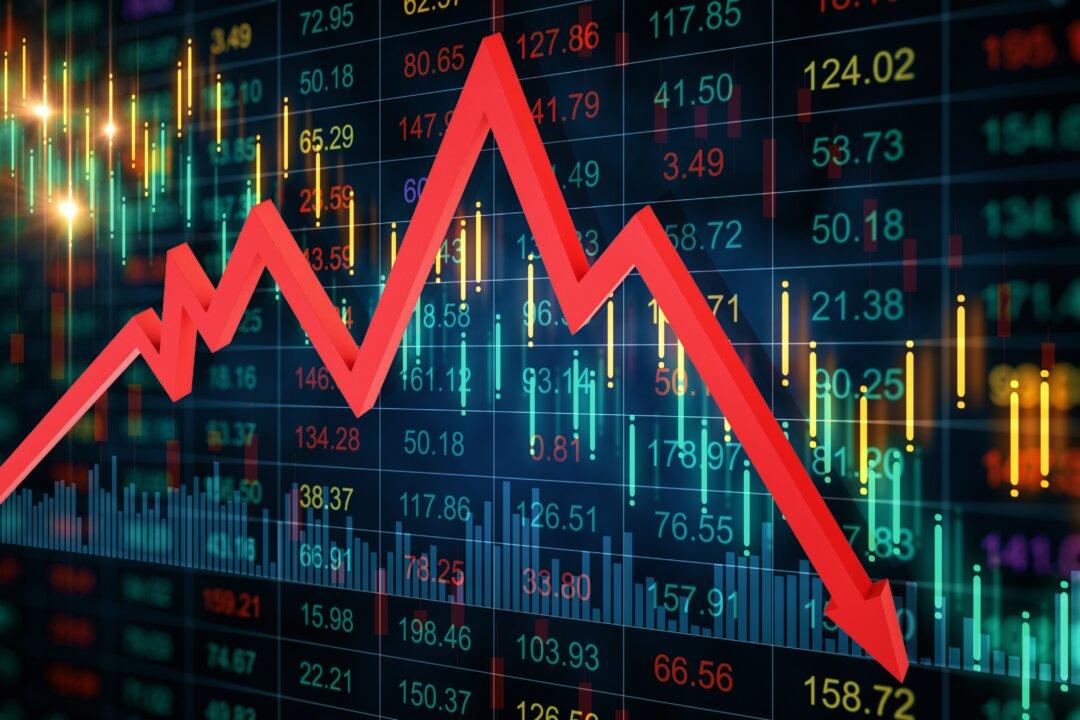If you’re living in a time of rising inflation, you may hear about the Federal Reserve (or the Fed, for short) increasing interest rates. Inflation is essentially the devaluing of currency over time. If inflation happens too rapidly, people’s purchasing power decreases, and less money circulates into the economy.
Key Takeaways
- A recession is when the economy experiences negative GDP growth and a slowdown in other areas.
- Interest rates typically fall once the economy is in a recession, as the Fed attempts to spur growth.
- Refinancing debt and making more significant purchases are ways to take advantage of lower interest rates.
The Fed also relies on interest rates when the economy enters a recession. In this article, we’ll explore what it means when the Fed lowers interest rates and discuss how you can take advantage of your increased borrowing power.






